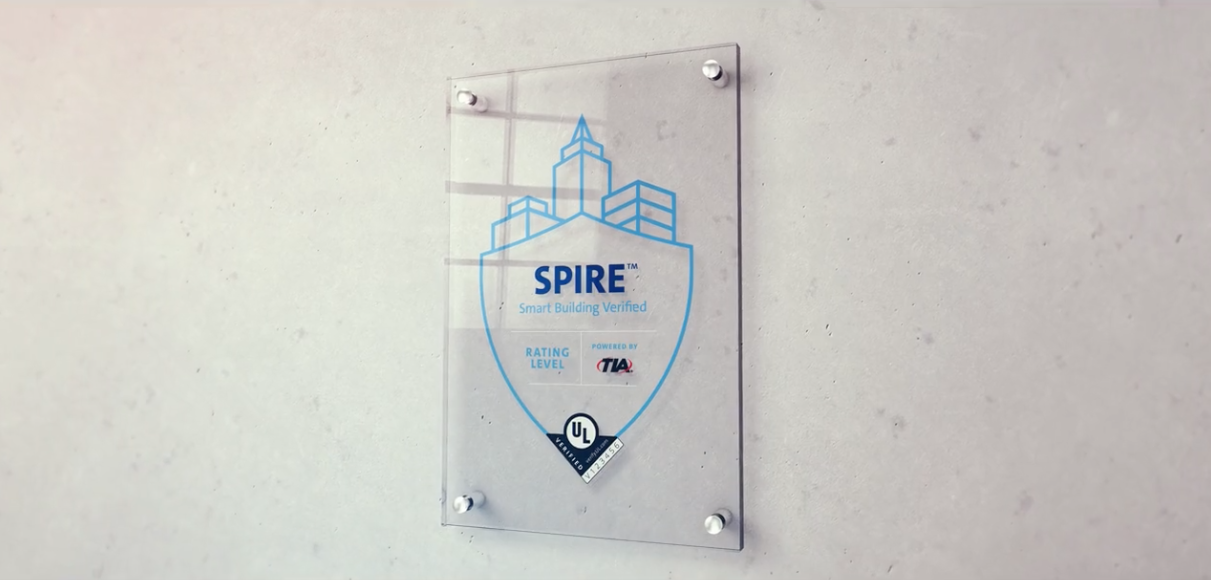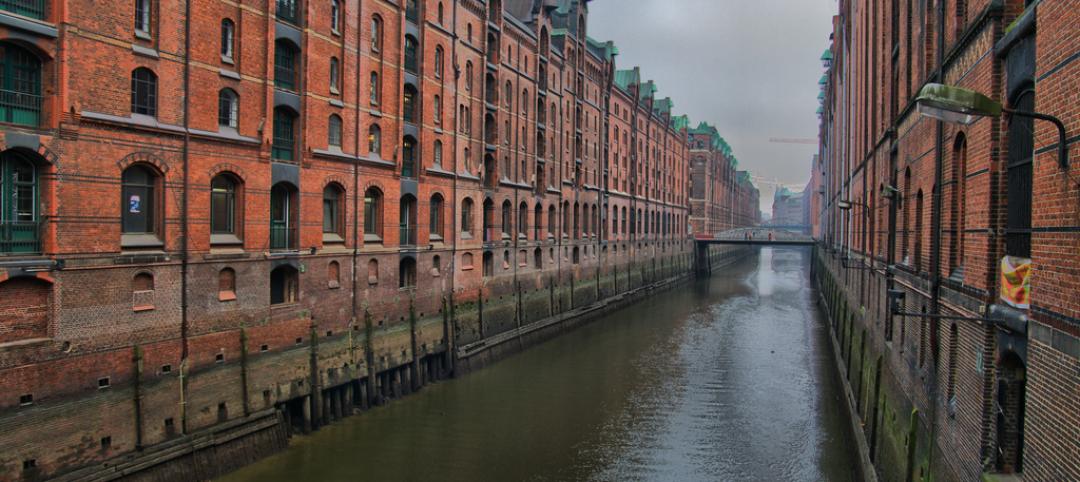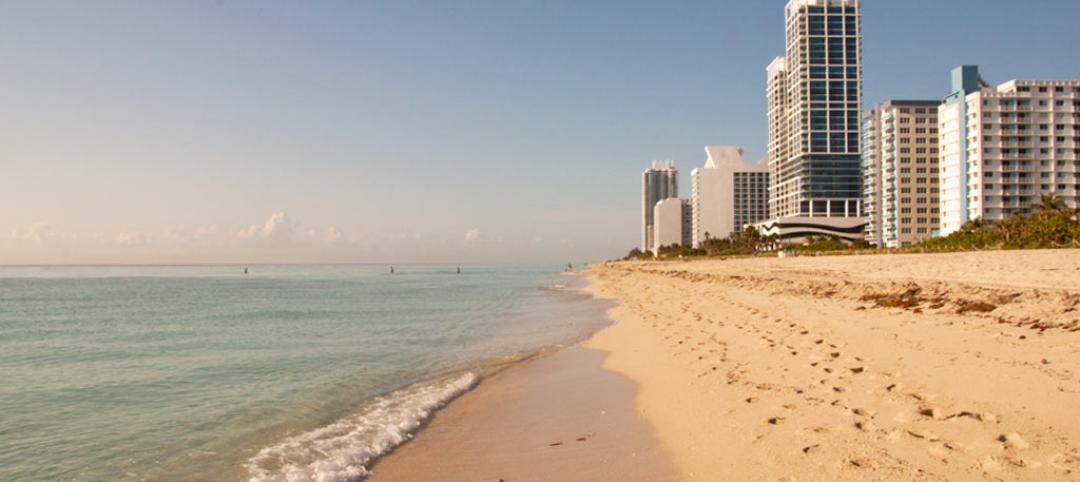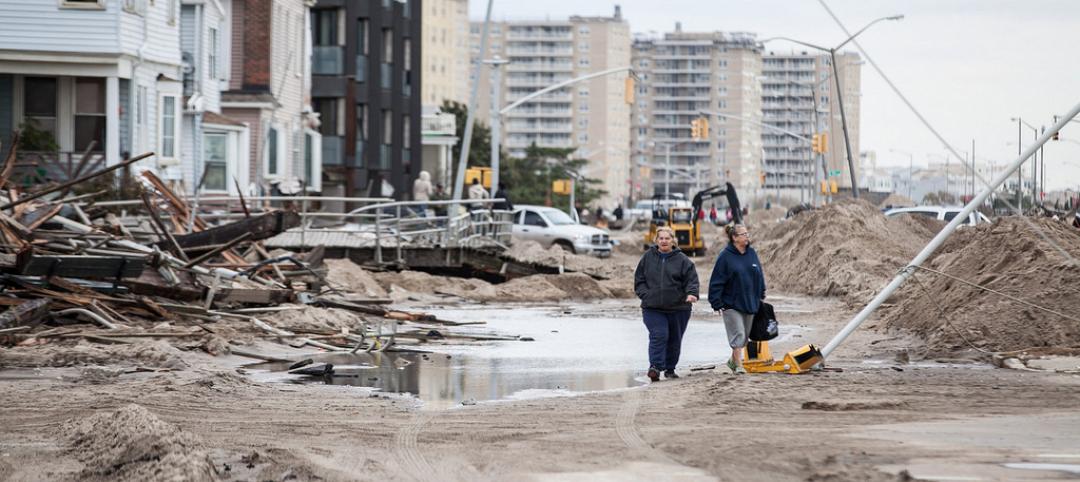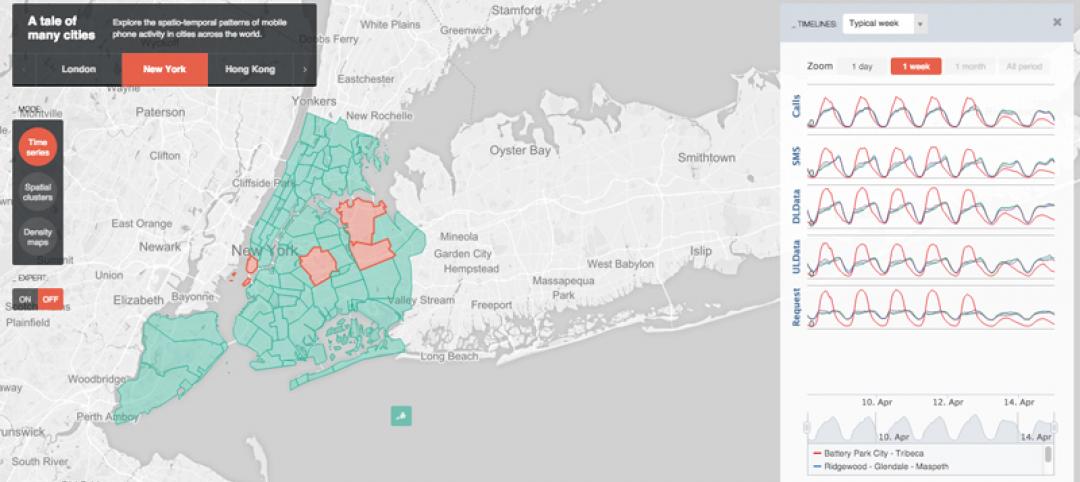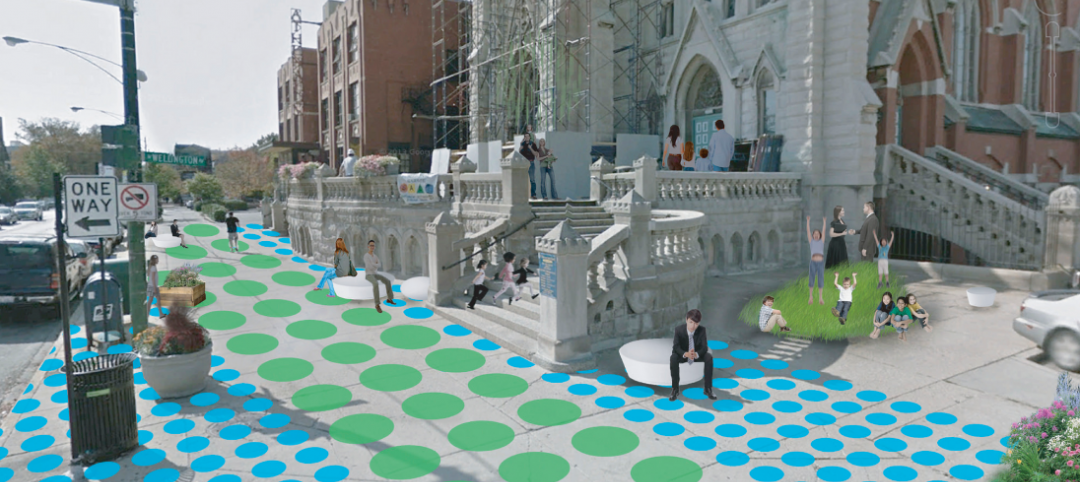The SPIRE Smart Building Program, billed as the world’s first comprehensive and objective assessment and rating program for smart buildings, was recently released.
Backed by UL and the Telecommunications Industry Association (TIA), the program is intended to help building owners and operators make better informed investment decisions, improve tenant satisfaction, and increase asset value, according to a news release.
“SPIRE provides an assessment of connected technologies within buildings, delivering insights, benchmarks, and roadmaps to help lower costs, mitigate risks, create brand differentiation, and enhance overall asset value,” the release says.
The program consists of two key components: the online SPIRE Self-Assessment and a UL Verified Assessment and Rating. The SPIRE Self-Assessment is the first step for assessing insights into six distinctive criteria that describe the current state of the smart building. These criteria include life and property safety, health and well-being, connectivity, power and energy, cybersecurity, and sustainability.
The SPIRE UL Verified Assessment and Rating, coming in the first quarter of 2021, entails an in-depth audit by UL and is an objective, evidence-based assessment using the six distinctive criteria. A successful assessment results in a UL Verified Mark, a plaque, and a building performance score.
Related Stories
Smart Buildings | Nov 30, 2015
New neighborhoods in Hamburg, Germany resilient to flooding, carbon neutral
Mixed-use areas built on brownfields and derelict districts.
Smart Buildings | Nov 13, 2015
Miami Beach making plans to cope with rising sea levels, flooding
The city has turned to sea walls, raised streets, and pumping stations.
Smart Buildings | Nov 11, 2015
No eyes on the road: The impact of driverless vehicles
The idea that space can be repurposed by breaking dependence on the purchase, maintenance, and storage of a big machine is a great boon for the sustainable future of cities, writes SmithGroupJJR's David Varner.
Smart Buildings | Nov 9, 2015
White paper promotes incentives for improved disaster resilience
The white paper makes the case that the most cost-effective manner to achieve resilience is through a holistic and integrated set of public, private, and hybrid programs.
Smart Buildings | Nov 5, 2015
JLL names 10 emerging world cities
Mexico City, Shanghai, Istanbul, and seven other world-class cities have experienced rapid economic growth and real estate development.
Cultural Facilities | Oct 28, 2015
New York City’s underground 'Lowline' green space enters the testing phase
If realized, The Lowline would provide 1.5 acres of green space for the Lower East Side of Manhattan.
Seismic Design | Oct 22, 2015
Taipei 101 tower named 'world's toughest' building by Popular Mechanics
Popular Mechanics named the 10 structures that best withstand floods, winds, storms, and earthquakes.
BIM and Information Technology | Oct 19, 2015
New web tool from MIT organizes human movement in interactive graphs
Users can explore the mobile phone activities in London, New York, Los Angeles, and Hong Kong.
Smart Buildings | Oct 8, 2015
Brookings announces the Bass Initiative on Innovation and Placemaking
The think tank's goal is to stress public spaces, urban economies, and inclusive growth in city building.
Smart Buildings | Sep 28, 2015
Architects Foundation issues first annual report on National Resilience Initiative
The report, which includes the work of three schools, examines how architects work with communities through the National Resilience Design Network.


